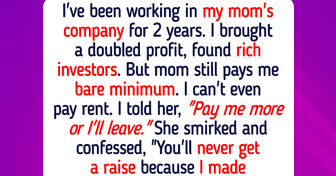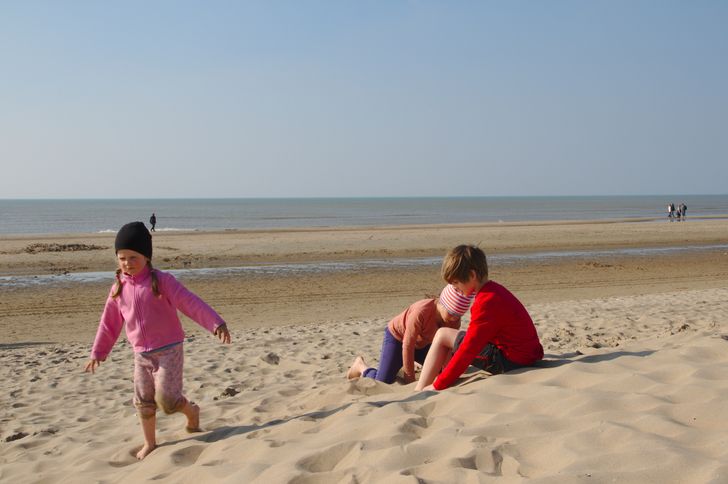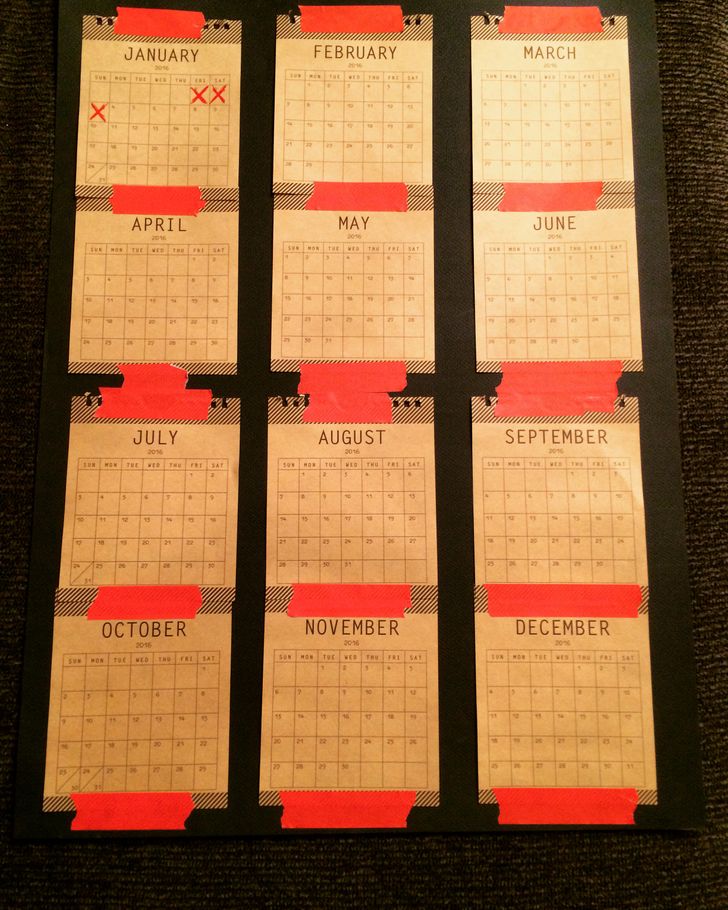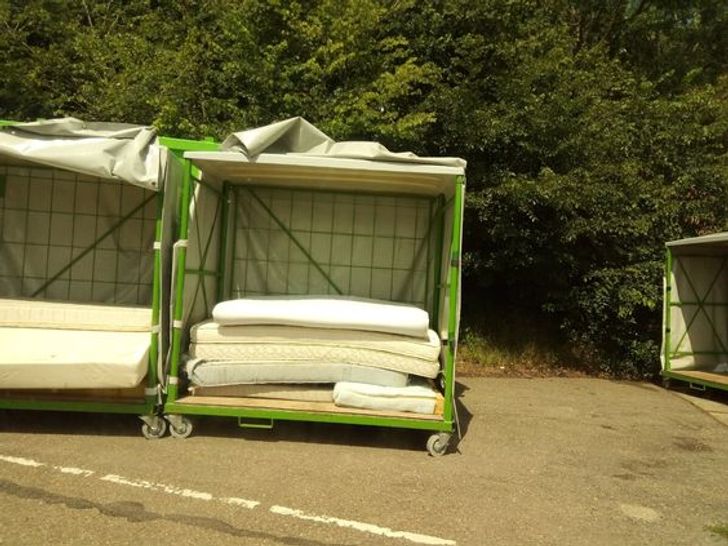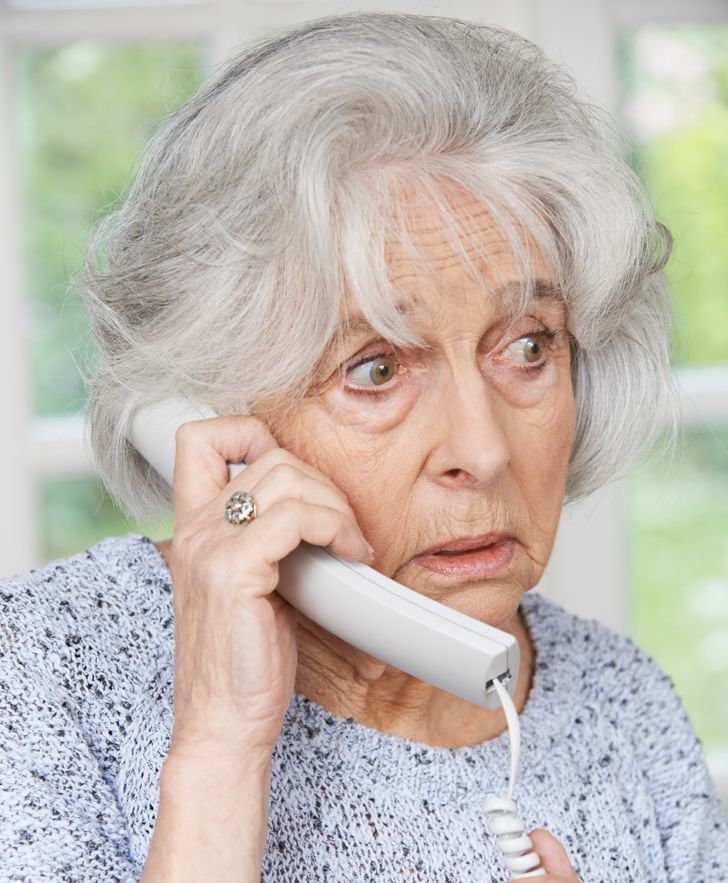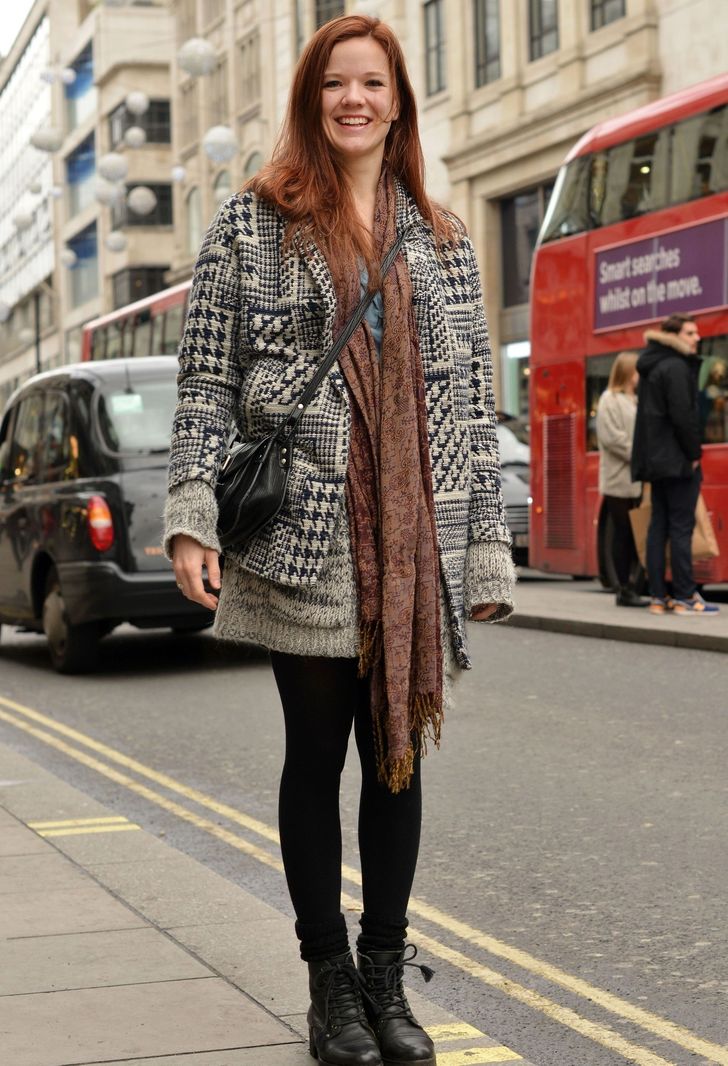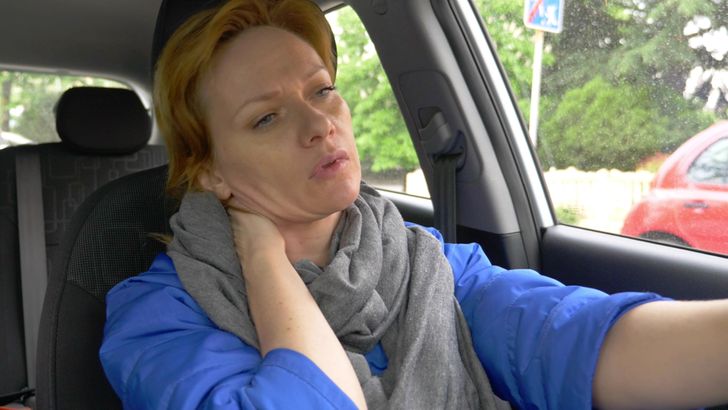I can deal with everything except not washing the hands. Especially now that co vid 19 exists.
I’ve Been Living in the Netherlands for Several Years, and Here’s What Life in the Country of Tulips Is All About
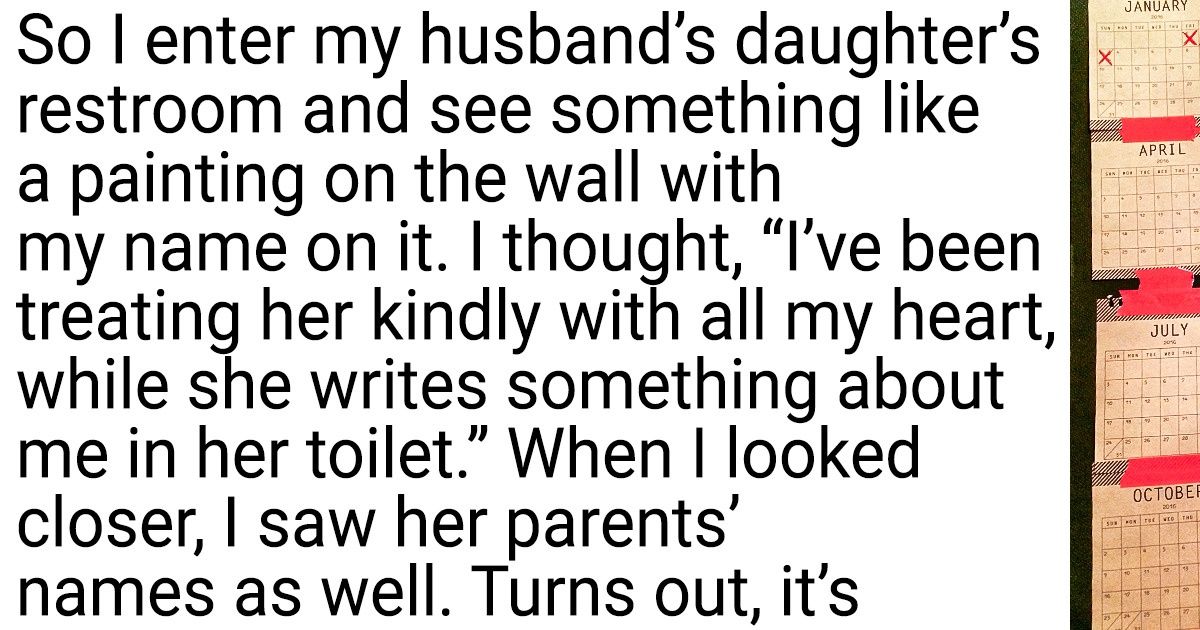
What do you associate the Netherlands with? Tulips, relaxing, and bicycles? Believe it or not, the Dutch have other outstanding customs and traditions, like hanging photos of their loved ones in restrooms, not washing their hands when they come home, and a straightforward way of carrying about their lives. Natalia Kooiman, a woman who has been living in this country for several years, spills on these and many other interesting Dutch customs in her blog.
The Bright Side editorial team has read Natalia’s posts backward and forward in order to learn about the most unusual customs of the local people in the Netherlands.
The Netherlands has a special approach to raising kids.
- Dutch kids go to bed at 7 p.m. Even my husband wasn’t able to explain the reasoning behind this, so it still remains a mystery. Perhaps it’s because parents simply want to enjoy peace and quiet as they watch TV in the evenings.
- The local people’s kids are always half-naked. You can often see the following picture: parents sitting by the seashore wrapped in many layers of clothing in April and May, while their kids run around barefoot in water with runny noses.
- Teenagers begin to earn money quite early in this country. According to Dutch law, a child can start working from the age of 13, fulfilling simple tasks. The youngest kids fill shelves in supermarkets or hand out flyers on streets. Starting from the age of 15, they can work as cashiers, postal workers, or servers in cafes.
- Kids don’t earn much even though they work in the same places as adults, like in supermarkets, for example. Everything increases in this country with age — the older you become, the bigger your salary gets and the more taxes you pay.
-
There are houses where only people older than 55 and without small kids can live. At this age, people can be limited in their moving abilities, which is why everything is done for their comfort — there are ramps everywhere. In the underground parking area, everyone has a kind of barn where they can store things that they don’t want to throw away just yet.
-
We’re renting our apartment from an old lady who lives in a care home. Many people in the Netherlands do this: they spend their pension on living in care homes and then rent out their homes.
Some habits of local people can make you turn red, and others simply can’t be explained, even by natives.
-
The funniest habit is connected to the bathroom. The Dutch have one important thing that’s considered unforgivable: forgetting about someone’s birthday. That’s why each Dutch house has a calendar indicating the birthdays of everyone close to them hanging in the bathroom. Sometimes it even includes photos.
-
I first saw this when we visited my husband’s daughter’s home. We’d been chatting for a long time and I decided to use the restroom. Once I entered it, I saw something like a painting hanging on the wall with my name on it. I thought, “I’m treating her with all my heart, while she writes something about me in her bathroom!” When I looked closer, I saw her parents’ names as well. Turns out, it’s not a painting but a calendar: if you see such a reminder several times a day, it makes it difficult to forget their birthday!
-
Also, they like to whistle. When they visit someone, the Dutch usually chat for a long time. And when one topic is over, they wait until a new topic arises and fill the void with whistles.
-
The Dutch like to plan things. Each person has a timetable of things for the day, week, month, and year. Dropping by a friend randomly to have a small chat isn’t appropriate. If you come without having agreed upon the meeting time, they may ask you to leave.
- The Netherlands is as flat as a pancake. But still, local people feel immense love for mountains and envy the countries that have them. They name their villages and localities after mountains: Driebergen (3 Mountains) or Bergen aan Zee (Mountains at the Sea). I can agree with the name “Mountains at the Sea” because there are some dunes there. But there is a small town called Zevenbergen (7 Mountains) near us and the only thing resembling a mountain that I managed to find was a speed bump on the road. Perhaps there are 7 speed bumps in the entire town. Why they give such names is unclear — even my husband has no idea why but he says it sounds beautiful.
- They celebrate birthdays in a very specific way. When you come to a celebration, you first need to congratulate the birthday boy or girl and then go around, shake each guest’s hand, and say, “Congratulations!”
- The Dutch eat at home before visiting someone. Everyone is offered tea, coffee, cookies, or a small piece of cake at the celebration. You’re supposed to take one cookie. If you take a second cookie, it will look impolite. If you take a third, you could be perceived as very bold.
- In the Netherlands, people usually present flowers — there are many types to choose from in this country. You can also gift an envelope with $20 in it. It’s not customary to give expensive gifts, even newlyweds are given a modest small envelope with $20. If a guest comes without a present, it wouldn’t be considered a tragedy.
They know the secret of clean streets.
- It’s not that easy to throw garbage away in the Netherlands. For that, you need to apply to the local town council and order a card which will help you open a garbage bin. The card is processed and delivered within 2 weeks.
- You can’t get to a local dump without prior registration: you’ll have to call and make an appointment first. At the entrance, the guard will check the list and ask you what kind of rubbish you brought. Subsequently, he’ll send you to the appropriate garbage container. For example, mattresses are stored in one container; metal things, in another one; and household waste in a third one. Additionally, garbage dumps don’t have that specific smell or large piles of trash.
-
One of the most important reasons for the cleanliness and tidiness of the Netherlands is that the Dutch are constantly in a struggle with the sea. They reclaim every piece of land and look after it very carefully. Each house or townhouse has a small garden where the residents “arrange beauty.” It’s considered inappropriate not to clean your land — and your neighbors may start hating you if you don’t.
-
This tradition goes back to ancient times when unwashed pavement near a house was considered a serious offense and was regarded as a lack of patriotism. If it’s an apartment, then balconies are necessarily decorated with flowers, small palms, and chairs. The latter is practically holy — the Dutch love to sit on these chairs and watch the passers-by.
-
There’s another reason for such cleanliness: the big penalties that threaten the locals. If you throw garbage on the street, you can face a penalty of $140, and if you break the garbage sorting rules, you’ll have to pay $95. Disposal of waste outside the designated landfill will cost you a whopping $390.
The Dutch quarrel with neighbors in a special way.
-
It is customary to be friends with your neighbors, look after their pets if they’re going on vacation or to water their flowers. If you feel bad, you can ask your neighbors to give you a lift to the hospital. But Dutch neighbors quarrel as well, and there’s even a popular program on TV called Rijdende Rechter that features quarrels between neighbors.
-
You can find detailed instructions on how to quarrel with your neighbors correctly on the police website. For example, if your neighbor keeps listening to loud music or their dog keeps barking all day long, you first need to talk to the person, then apply to the local service that settles conflicts. If the aforementioned methods don’t help, you’ll need to apply to the police and a local police officer will visit this neighbor. If your claim repeats for a second time, the police officer will have the right to withdraw the music equipment or the dog.
-
People rarely apply to the police and try to settle conflicts by themselves. One of our neighbors is the sweetest person, but the second neighbor is quite moody. Once, this moody neighbor jumped out of his apartment and started to shout and threatened to call the police when my husband decided to vacuum clean the car and parked it near the door. At the same time, this person was smiling and greeting us in the morning. My husband silently finished vacuuming the car and put it back in the parking lot. After 2 weeks, when parking the car, my husband drove one wheel onto the lawn and in the morning, a penalty ticket was waiting for him.
They have a marriage type that you’d never guess exists.
-
There are 3 types of legal relationships in the Netherlands. A common marriage that implies common possession of property, inheritance from each other, joint parental rights, and the right to use each other’s retirement money. Divorce is possible only through the court system. The second type of relationship is a registered partnership. The same rules apply as in a regular marriage, regarding property, debt, and inheritance. The main difference is if a baby is born, the father needs to admit paternity to have rights over the kid. In cases of divorce, applying to a notary or lawyer is enough, there’s no need to go to court.
- Another type of relationship is cohabitation. In this case, the couple is not obliged to register anything, but they can draw up an agreement with the delineation of obligations. It usually indicates how expenses will be split, what property is common and what is personal, who will stay to live in the apartment or house after separating, and many other mundane issues.
The Dutch have quite a specific understanding of hygiene.
-
The Dutch relate to hygiene a bit differently. Local people don’t bother to wash their hands when they come in from outside after they use the restroom or before eating. It was said that it’s done for strengthening the immune system. My husband kept resisting for a long time when we stopped by for coffee and a snack in a cafe after a walk, and I gave him a wet napkin and made him wipe his hands. “Why?” he would ask me every time. “It’s necessary,” I would answer. Grunting and saying I was a dictator, he would wipe his hands. Now he does everything without complaining.
-
At first, it was wild for me to see that even a doctor wouldn’t wash his hands before receiving a patient or that a restaurant worker would cook food without gloves and take money with the same hands. The Dutch walk in shoes inside their homes — it’s a well-known fact. But it still remained a mystery to me, because aside from the issue of cleanness, don’t their feet get tired and sweaty if they walk in boots all day long?
-
When it comes to personal hygiene, everything is okay — taking a shower every day, and brushing one’s teeth properly is very normal. The Dutch are prepared to clean their homes for hours at a time but don’t consider it necessary to wash their hands.
Dutch women aren’t bothered about clothes.
-
The secret to Dutch girls’ style is all about absence. Everything is ruled by the bicycle in this country, so that’s what sets the trends. The main criterion when choosing clothes is practicality: no stilettos, miniskirts, or maxi dresses. And, yes, it’s inconvenient to steer with a clutch in hand. The wind from the cold North Sea and frequent rains force Dutch women to opt for waterproof jackets or raincoats.
-
Girls and women prefer to buy clothes in secondhand shops. It’s a kind of adventure for them — they try to find a “gem” for little money and continue to brag about it for a long time. Additionally, Dutch girls always look natural, as if they weren’t planning to go outside at all or put on the first thing they found in their closet. And it’s not just women on the street that look like this — TV hosts appear this way too.
- It’s not customary to wear natural fur here as the climate is not suitable for it. But still, Dutch women develop a craving for fur, which is why they wear artificial blends in the most incredible colors. Recently, I saw the most interesting mother and 5-year-old daughter. The mother was wearing artificial fur in an acid-purple color, yellow leggings, bare ankles, and flat shoes. The little girl was running near her in a coat with naked legs, no tights, and rubber boots. It was 40°F outside!
Bonus: the Dutch and their sense of tact (or its absence, to be more precise)
-
There are many legends about the straightforwardness and simplicity of Dutch people. At first, it shocks newcomers, and the following thought whirls in our heads: “Are they bad-mannered by nature or by upbringing?” They themselves believe that straightforwardness, honesty, and a lack of hypocrisy are virtues. For example, at commemoration ceremonies, they’ll openly admit that certain acts “weren’t any good.” But this is all because they believe honesty is more important than compassion.
- When my husbad and I were opening a joint account at the bank, the teller asked my husband, “Why do you need a common account? Your wife doesn’t have a personal income. Open a separate account for her so that she doesn’t spend all your money.” I was so astonished and shocked. Later, my husband had to calm me down at home and insisted that I not pay attention to such things. However, he also said the following when we were driving a long way by car. I was taking a nap in the back seat and when I woke up and looked in the mirror, I said, “Oh my God, I look awful.” “Yes, dear,” my husband replied. I started to grow angry when he answered, “I can’t lie to you.”
Which of these things would you gladly implement into your life and which customs would you never be able to get on board with?
Comments
The thing about earning is the same here, kinda, like you earn more the older you get but it caps at 21 I think, this is for student jobs only... and you don't pay taxes until you start working a real job (or stop studying)
I love the taxes thing, makes it easier for people to start their adult life
I had no idea about some of these things, I hope they are correct
Related Reads
12 Moments That Show Romance Is Really About Small Acts of Kindness

I Refuse to Let a Strange Lady Touch My Rare Birthmark for "Good Luck"—Now I’m Being Threatened
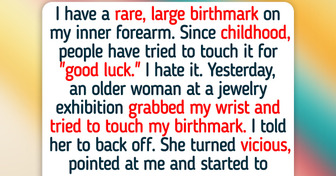
19 Stories That Prove Money Is the Ultimate Truth Serum for Relationships
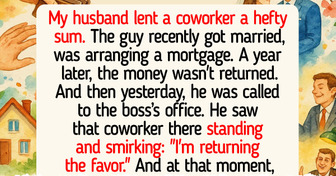
18 Stories Where Kindness Made It Human Again
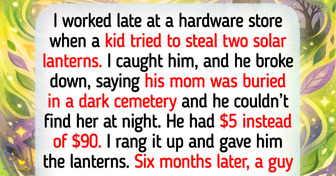
14 Real Moments When Empathy Changed Everything Forever
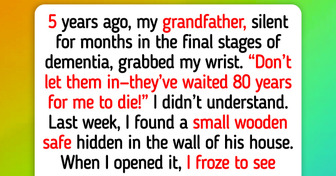
17 Times Kindness Helped People Get Back on Their Feet
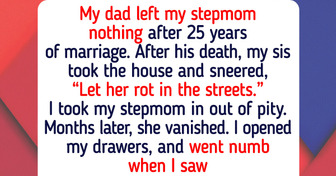
14 Stories That Prove Relationships Can Take the Wildest Turns
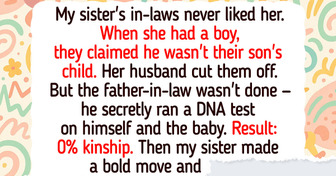
14 Stories That Prove Kindness Is the Most Powerful Force on Earth
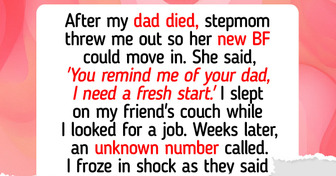
16 Real-Life Moments That Prove Kindness Is a Quiet Strength
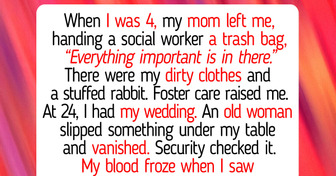
I Refused to Let My Boyfriend Discipline My Child—He’s Not His Real Dad
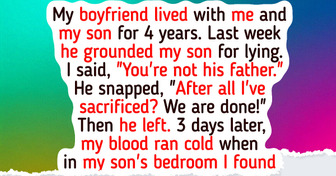
I Refuse to Earn Less Just Because I’m Getting Older
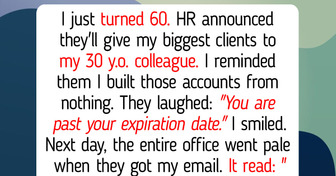
I Refuse to Be a Free Slave in My Mom’s Business, Just Because We’re Family
